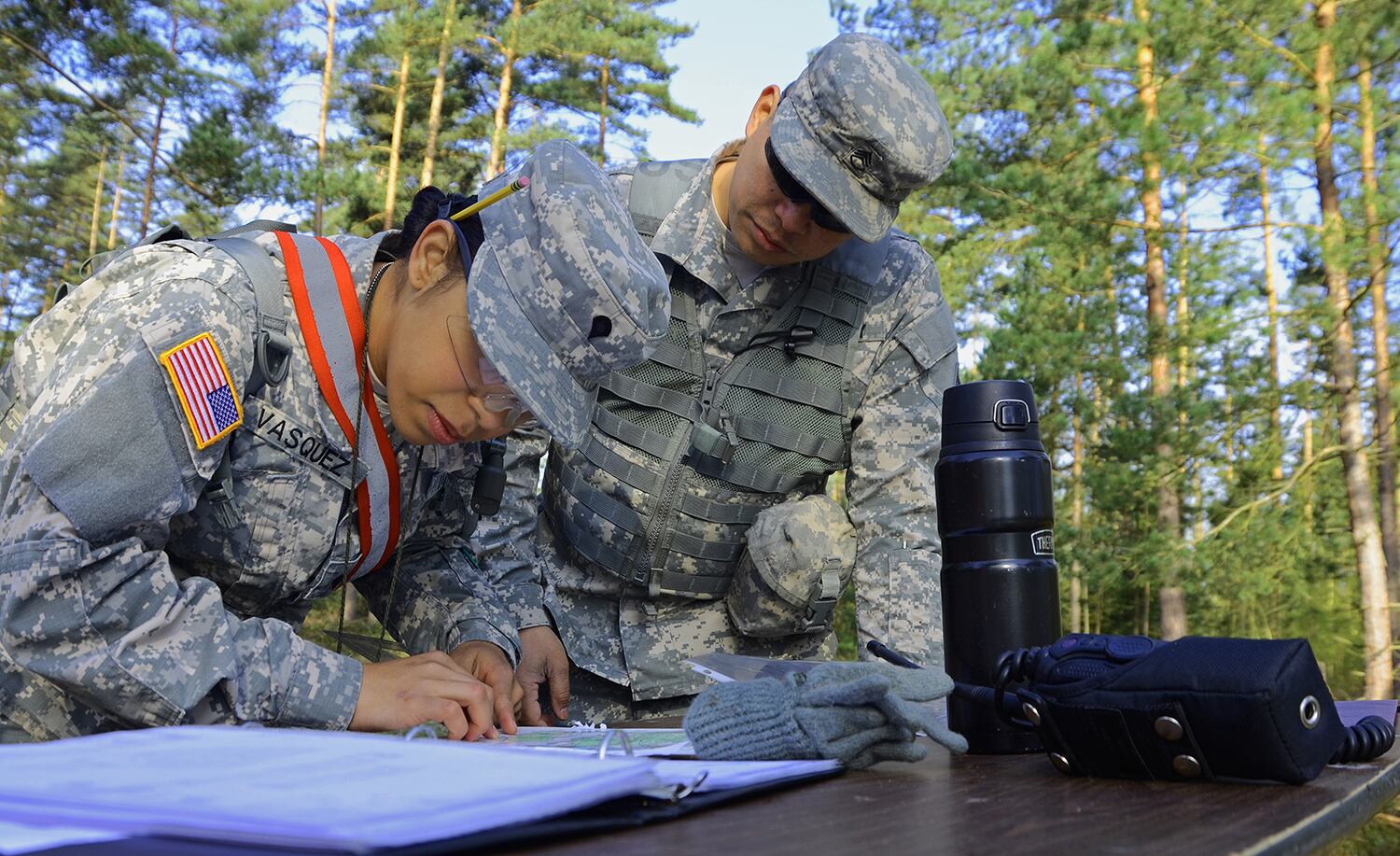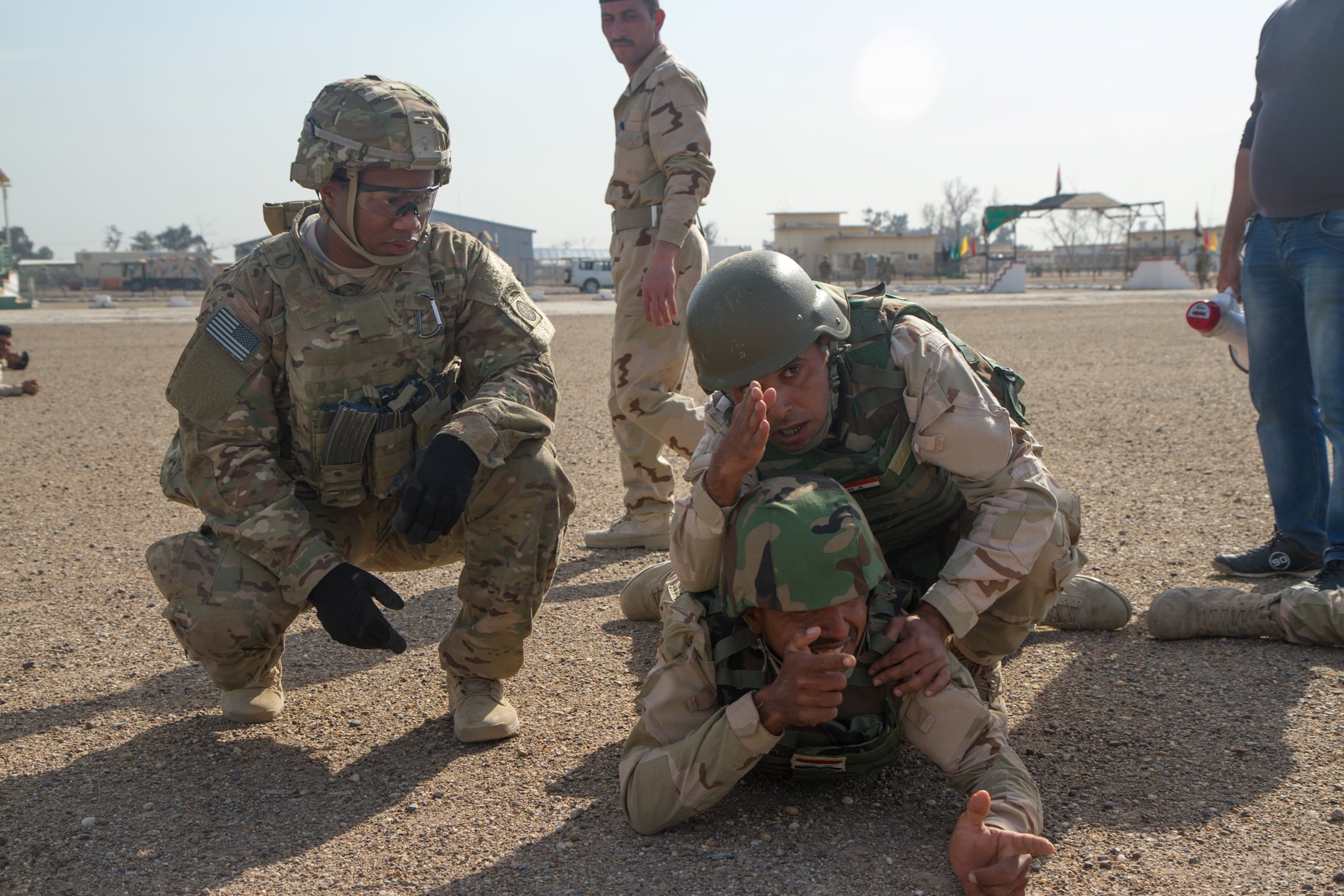The Army is preparing to graduate the first class of the Military Training Adviser Academy and stand up its first Security Force Assistance Brigade. To attract talent for the next five planned brigades, there are now new incentives to volunteer.
When the Army first launched the plan for SFABs earlier this year, noncommissioned officers who signed up were offered $5,000 upon graduation.
Now, according to the Army’s deputy chief of staff for personnel, there are big promotion opportunities in store.
“In this first iteration, we have suspended the need for professional military education” for NCOs who have been selected for promotion but haven‘t made it to the required schools, Lt. Gen. Thomas Seamands, the Army G-1, told Army Times on Wednesday. “If they’re otherwise qualified, they will get promoted, and when they return from a deployment, they’ll get their professional military education.”
This suspends a 2016 regulation requiring soldiers to attend in-residence leadership training before pinning on new rank.
RELATED

And to shore up the E-5 ranks, which will be the lowest ranking but also most numerous soldiers in an SFAB, the Army is offering a near-automatic promotion to rising E-4s who sign on.
“For those soldiers who are specialist-promotable … regardless of what the cutoff score is, when they graduate from the academy at Fort Benning, they will be awarded 799 points – the number they need to get promoted regardless of what their MOS is,” Seamands said.
That promotion boost should continue throughout a former SFAB member’s career, he added. All graduates of the Military Training Adviser Academy will get a skill identifier for their records.
“That’ll give us the ability to track them over their career; it’ll also give us the ability to give special guidance to a promotion board, that we want to select those officers,” Seamands said.
The G-1 has already rewritten promotion board guidance to give weighted consideration to soldiers who have done an SFAB rotation.
“I think long term, promotion boards will recognize their contributions,” he said.
And for those who simply want to see some action, SFABs offer that as well, Seamands added.
“If you go back to 2008, the force was deploying at an incredible rate. Today, there are some units that will not deploy if you come in now, over the course of a three-year period,” he said. “If you want to deploy, and citizens come in for the sense of adventure, you can do that by volunteering for the SFAB.”
Meghann Myers is the Pentagon bureau chief at Military Times. She covers operations, policy, personnel, leadership and other issues affecting service members.





